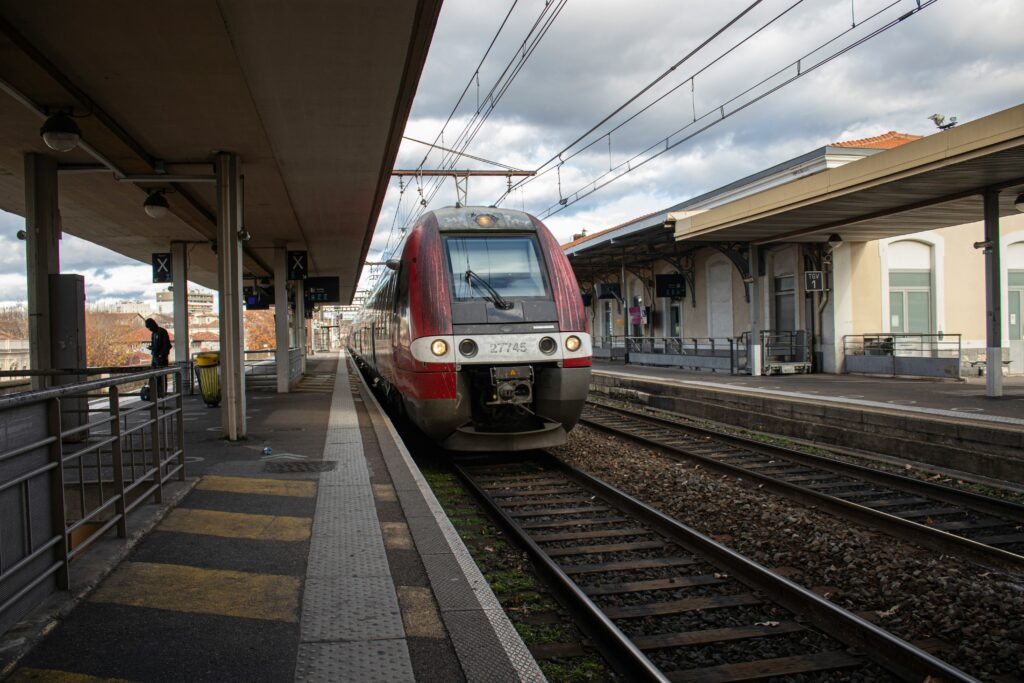AI and Sustainable Travel: How Technology is Paving the Way for Greener Journeys

As the world becomes increasingly aware of the environmental impact of travel, the demand for sustainable tourism is growing. Travelers are looking for ways to reduce their carbon footprint, while industry leaders are seeking solutions to minimize the environmental toll of their operations. In this context, Artificial Intelligence (AI) is emerging as a powerful tool to support the shift towards more sustainable travel practices. By optimizing resource use, providing eco-friendly travel options, and enabling smarter decision-making, AI is helping to create a future where travel and environmental stewardship go hand in hand.
One of the most significant contributions of AI to sustainable travel is its ability to optimize resource use in the transportation sector, particularly in air travel. The aviation industry is one of the largest contributors to carbon emissions in the travel sector. AI can help airlines reduce their environmental impact by optimizing flight paths, fuel consumption, and even aircraft maintenance schedules. For instance, AI algorithms can analyze weather patterns, air traffic, and other variables to determine the most fuel-efficient routes. By minimizing unnecessary fuel consumption, airlines can significantly reduce their carbon emissions. Furthermore, AI-driven predictive maintenance systems can identify potential mechanical issues before they become serious, preventing delays and reducing the need for extra flights.
AI is also playing a crucial role in promoting sustainable accommodations and destinations. Travelers who prioritize sustainability often face the challenge of identifying eco-friendly hotels and resorts. AI can simplify this process by analyzing vast amounts of data to identify and recommend accommodations that adhere to green practices. These recommendations can be based on factors such as energy efficiency, waste management, and the use of renewable resources. Some AI platforms even provide travelers with a sustainability score for each accommodation, helping them make more informed choices. By promoting these options, AI encourages the travel industry to adopt more sustainable practices and supports travelers in making greener decisions.
In addition to helping travelers choose sustainable accommodations, AI is enabling the development of smarter cities and destinations that cater to eco-conscious tourists. Smart cities equipped with AI technology can manage resources more efficiently, reducing their environmental impact and making them more attractive to sustainable travelers. For example, AI can be used to optimize public transportation systems, reducing the need for private vehicles and lowering emissions. AI-powered waste management systems can ensure that resources are recycled and reused more effectively, minimizing the environmental footprint of tourism. By integrating AI into urban planning, cities can become more sustainable and better equipped to handle the influx of tourists without compromising their environmental integrity.
AI is also enhancing sustainable travel by enabling more efficient and eco-friendly travel options. Ride-sharing platforms powered by AI are reducing the number of vehicles on the road, decreasing traffic congestion and lowering emissions. AI can match travelers heading in the same direction, optimizing routes and ensuring that vehicles are used to their full capacity. Additionally, AI is driving the development of electric and autonomous vehicles, which are expected to play a significant role in the future of sustainable travel. These vehicles will be more energy-efficient and have a smaller environmental impact than traditional gasoline-powered cars, contributing to a reduction in the overall carbon footprint of travel.
Moreover, AI is helping travelers make more sustainable choices by providing them with real-time information and personalized recommendations. For example, AI-powered travel apps can suggest eco-friendly alternatives to popular tourist activities, such as hiking or cycling instead of taking a bus tour. These apps can also provide information on the environmental impact of different travel options, helping travelers make more conscious decisions. By offering these insights, AI empowers travelers to take responsibility for their environmental impact and encourages more sustainable behaviors.
AI is also proving to be a valuable tool in raising awareness about sustainable travel and educating travelers on the importance of responsible tourism. Through targeted marketing campaigns and personalized content, AI can help spread the message of sustainability to a broader audience. For instance, AI-driven platforms can create customized content that highlights the benefits of sustainable travel practices, such as reducing waste, supporting local communities, and preserving natural resources. By increasing awareness and understanding of sustainability, AI can inspire more travelers to adopt eco-friendly habits and make a positive impact on the environment.
The integration of AI into the travel industry is proving to be a game-changer for sustainability. By optimizing resource use, promoting eco-friendly accommodations, enabling smarter city planning, and encouraging sustainable choices, AI is helping to pave the way for a greener future in travel. As technology continues to advance, the role of AI in promoting sustainable travel is expected to grow, offering even more innovative solutions to reduce the environmental impact of tourism. For travelers and industry leaders alike, embracing AI is key to ensuring that the joys of travel can be enjoyed by future generations without compromising the health of our planet.



